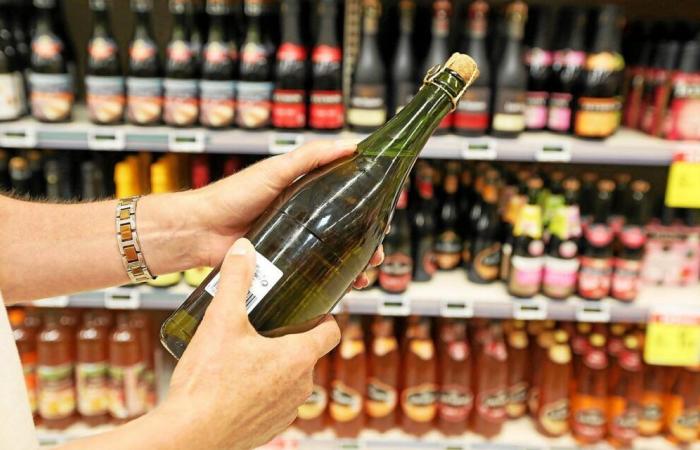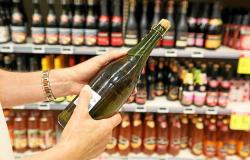
This is based on an inspection carried out in 2024 by an inspector from the Departmental Directorate for Competition and Fraud Control (DDCRF) in a hypermarket in the Vannes region, followed by a visit to the sales site. in Colpo, that this case of “deceptive commercial practice” ends this Thursday, December 19 before the Vannes court.
“False and unfair origin”
It was then discovered that the labels on the cider and apple juice bottles carried false information. As the DDCRF representative explains on the stand: “Neither the quality of the products nor the organization of this company are at issue in this case. It is in fact the origin of its products that is false and unfair in its commercial practices. They are likely to deceive the consumer.”
And to continue: “Because the indications given on the labels suggest that these ciders and apple juices are made in a cider house located in Colpo. However, there is no manufacturing in this town. There is only one logistics platform and one sales site. The cider is pressed and bottled in Ergué-Gaberic, in Finistère. This misleading information actually allows a more attractive offer, based on the promising image of the Gulf of Morbihan.”
Apples from Colpo
Cider has been produced in Colpo for so long, the purchase of the initial company in 2020 by a company, based in Finistère and managed by three brothers, led to the closure of the Morbihan production site.
Supplier to individuals but also to creperies and restaurants, one of the co-managers explains at the bar: “When we took over the apple pressing company in Colpo in 2018, we had not changed the labels bearing the names “The Colpo” and “Le Morbihan”, or even the drawing of the Gulf of Morbihan. At that time, bottling was already happening in Loire-Atlantique and it was then brought back to Finistère. By taking over this company, we continued supplying 160 apple producers in the Colpo region. Since this inspection, we have not changed anything.”
“Protect consumers”
Defense lawyer, Me David Le Reste, pleads for acquittal: “He acted in good faith. Previous checks by the administration had noticed nothing. Changing geographical designations on labels means changing consumer habits. Which would weaken his business in a difficult context for this business and the brands he has saved.”
For prosecutor Maxime Antier, who is asking for a fine of €25,000 for these facts over the past four years, “the issue of this case is to recall that the law is binding on everyone to protect consumers, who must be informed of fair manner. Especially since they are more and more attached to a region when making their purchases. Traceability must therefore be honest.”
The court decided to order the cider house to pay a fine of €15,000.





